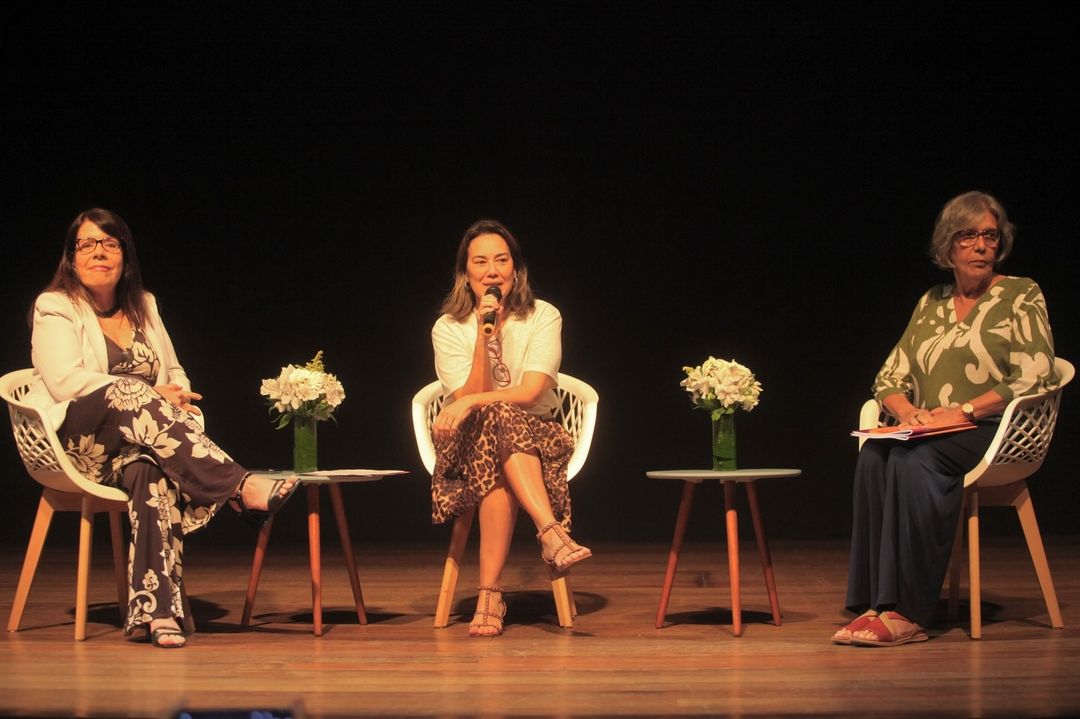Casa G20 hosts seminar on female representation in politics

Créditos: GOV Rj.

Créditos: GOV Rj.
On the afternoon of Friday (08.23), Casa G20, which operates at Casa de Cultura Laura Alvim, in Ipanema, hosted a seminar of the Department of State for Women of Rio de Janeiro, held to discuss strategies to promote the presence of women in spaces of power. The event held through a partnership between the department and the State Council for Women's Rights (CEDIM-RJ), brought together managers, counselors, researchers and public servants who defend the cause.
— Our goal is to create this space for debate on the political representation of women and how to reduce inequalities between men and women in this field, so that we can move forward on this topic. We deal with crucial issues to ensure the participation of women, such as the financing of women's campaigns and the importance of digital media — highlighted the Secretary of State for Women and president of CEDIM-RJ, Heloisa Aguiar.
During the meeting, Angela Fontes, councilor of CEDIM-RJ, spoke about the research “Women and City councillor position in the State of Rio de Janeiro - 21st Century), a study on women's party political participation and women's insertion in the city hall. A survey pointed out that, in 2000, 41 out of the 92 cities in Rio de Janeiro did not have women councilors. Currently, 31 cities still do not have women occupying the position.
— I have worked on behalf of female representation in politics for 10 years, building this seminar was very motivating, as our idea is to promote a meeting to learn about the experiences of women. We have to understand the importance of the political presence of women, and how this reflects on society. We need to interfere and contribute to the enactment of laws, legislation cannot rely only on the male perspective, it needs to have a female perspective too — explained Angela.
The topic addressed during the first session was funding and sources of funds for women's campaigns. During the debate, Vânia Aieta, an expert in Electoral Law, emphasized to be essential for women to be a part of the leadership and internal structure of political parties. For her, this is essential to ensure a more equal treatment and a better division of resources in campaigns.
In the second round, the subject was the use of social networks and digital media through a political perspective. Participants highlighted the importance of regulating social networks in order to reduce the spread of hate speech and fake news, especially against women and the LGBTQIA+ population.
According to the coordinator of Projects of the NGO Criola, Monica Sacramento, it is essential to discuss the construction of a democratic government system to include black women. In addition, for her, it is essential to create a safety net, allowing women to defend themselves from virtual violence, such as the manipulation of photos by artificial intelligence.